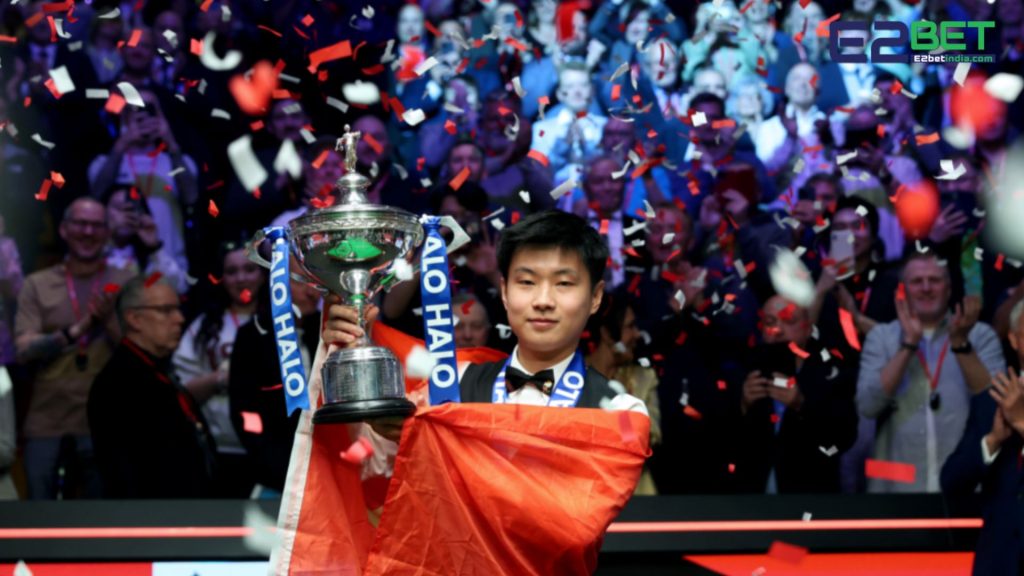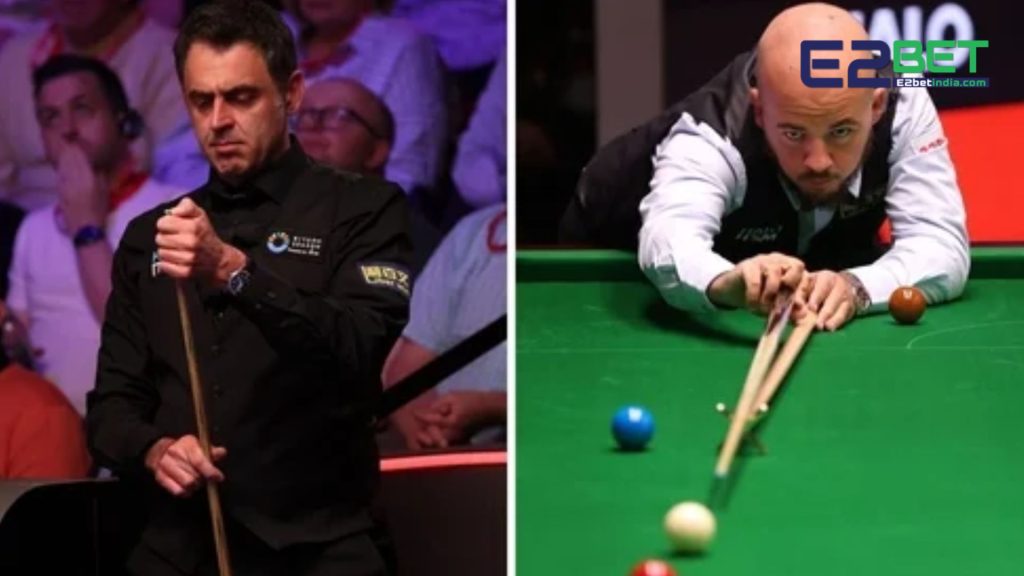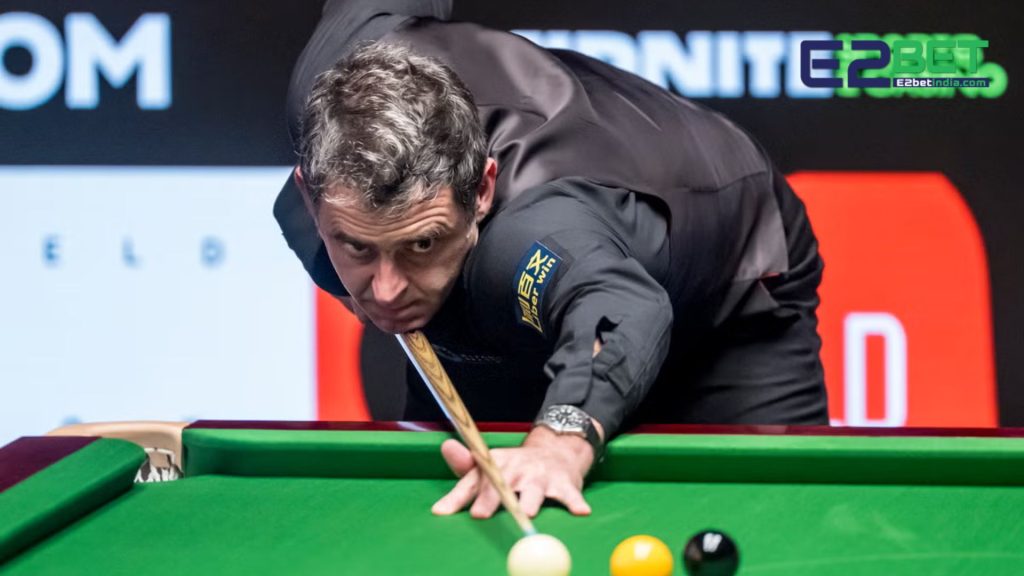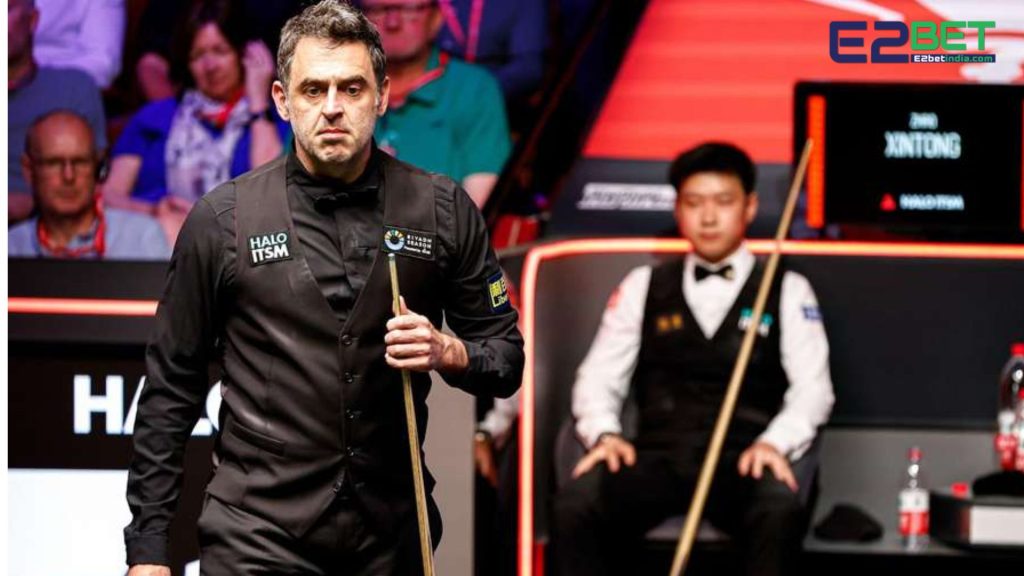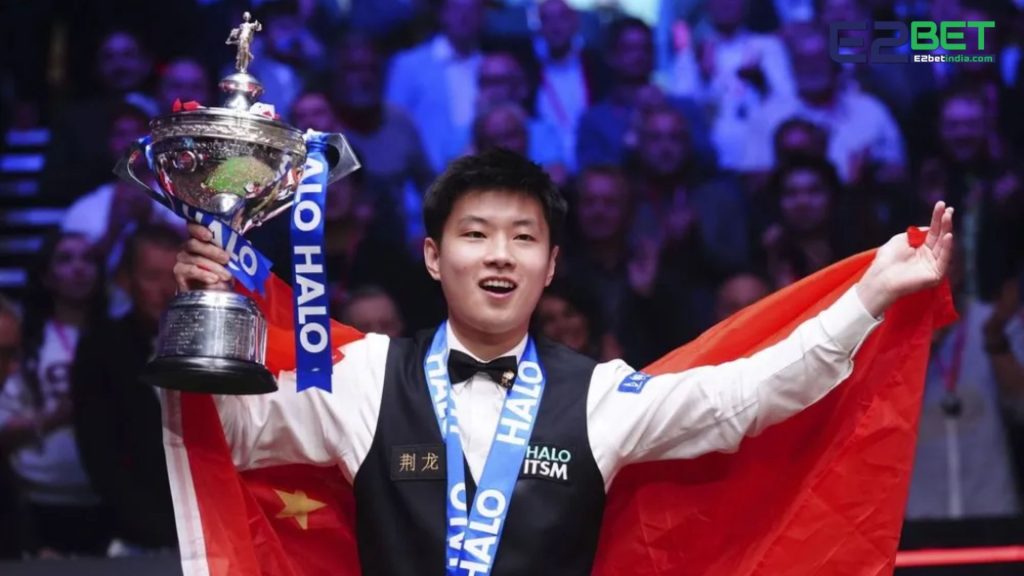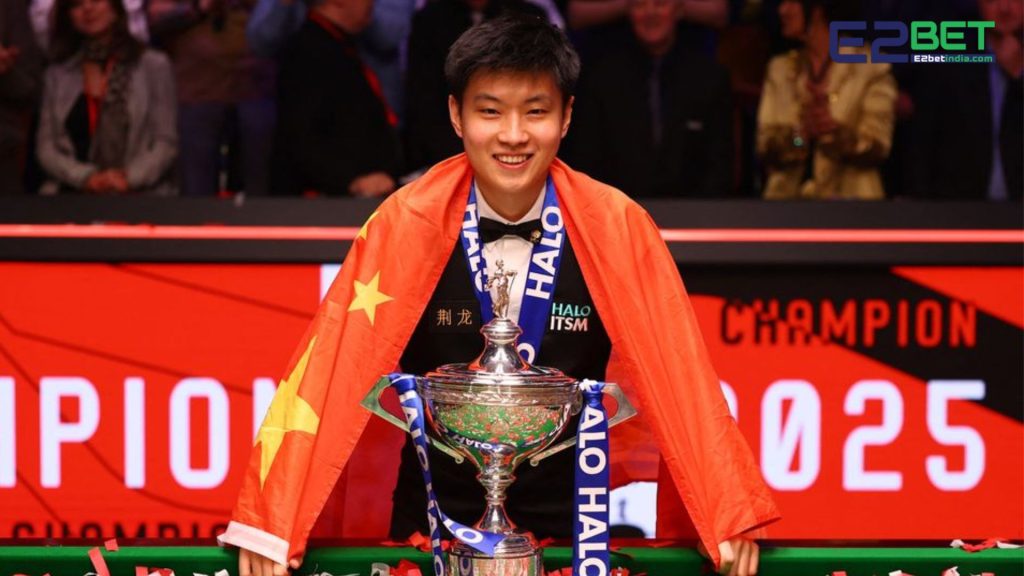Zhao Xintong’s big win at the World Snooker Championship is expected to make the sport even more popular in China. The 28-year-old left-handed player defeated Mark Williams at the famous Crucible Theatre in Sheffield on Monday, becoming the first Asian to win snooker’s top title.
After his victory, Zhao wrapped himself in the Chinese flag, and people back home celebrated him as a national hero. His win quickly spread across Chinese social media, with fans showing huge support.
Although Zhao was suspended for 20 months in 2023 due to a small role in a betting scandal that also involved nine other Chinese players, most fans seem to have moved past it.
Zhang Dongtao, the head coach at the World Snooker Academy in Beijing — where many of China’s top players, including Zhao, have trained — told AFP, “My phone hasn’t stopped ringing. Media and parents are calling non-stop.”
Zhao’s success has sparked hope that China may soon become a major force in the world of snooker.
Also Read: Big Fights Added to Pacquiao-Barrios Card, Including Fundora vs Tszyu 2
Snooker used to be seen in China as a game for lazy people, often played in smoky, dark halls. Many parents thought it was a waste of time compared to studying at school.
But things began to change when Ding Junhui, then just 18 years old, became famous after beating Stephen Hendry to win the China Open about 20 years ago. His success made snooker popular and gave it a better image.
Many top Chinese players today, like Zhao Xintong, say they were inspired by Ding to start playing snooker.
Now, China has 10 players ranked among the world’s top 32. According to state media, the country has over 300,000 snooker and billiards clubs — a huge jump from just 34,000 in 2005.
A report by Shangqi Consulting says the Chinese billiards industry, including snooker, was worth 37 billion yuan (£3.86 billion) in 2023. The report also predicts that this number could double in the coming years.
He Succeeded Because of His Hard Work
At the World Snooker Academy in Beijing, there is a copy of the Masters trophy on display to motivate young players.
Head coach Zhang said, “We focus fully on training young people, helping them avoid bad habits in life and improve their snooker skills. We want them to grow up with positive influences.”
The academy believes that competition is very important, so they organize six internal tournaments every semester.
Although snooker is still not as popular in China as Olympic sports like table tennis and badminton, Zhang said people’s views have changed a lot over the last 20 years.
“The market for snooker in China is very big,” Zhang added. “There are many investors who are ready to support tournaments, and the prize money in these events is also quite high.”
Most major snooker qualifying events are held in Britain, so Chinese players usually move there when they become professionals.
Many settle in Sheffield, England, with some arriving as young as 17 to follow their snooker dreams.
Zhao Xintong trains at the China-run Victoria Snooker Academy, which is close to the Crucible Theatre.
“The Chinese players have an amazing work ethic,” said Lucky Vatnani, who manages the Ding Junhui Snooker Academy in Sheffield.
“They practice every day, from 10 in the morning to 6 in the evening. I don’t see many English players doing that.”
He added, “Their only goal is to focus on snooker.”

